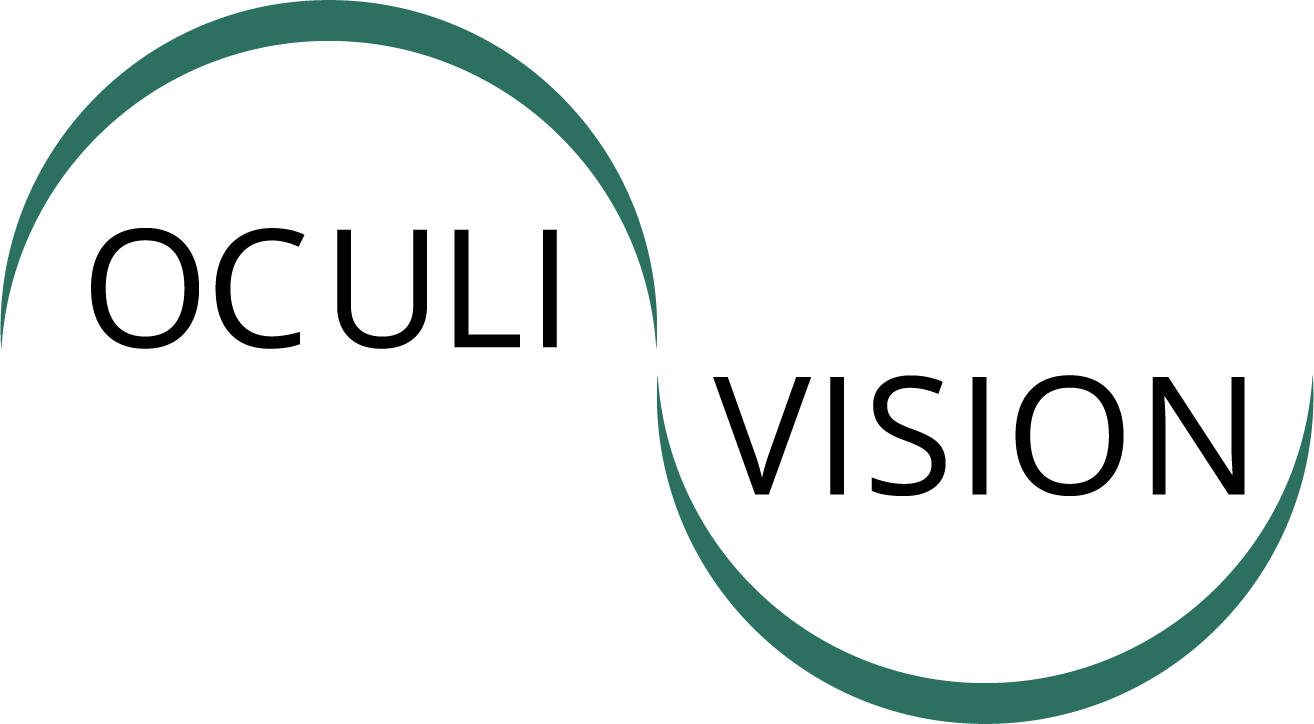How Often Should You Get an Eye Exam?
Oculi Vision • February 1, 2021
It is common knowledge that one should visit their dentist every six months. We could also say the same thing about getting a general health screening each year. But, when it comes to eye health, it is relatively rare that people would know how often they should get an exam. So, how often should you be seeing your optometrist?
A good rule-of-thumb would be to get an eye exam annually. However, this recommendation is not a one-size-fits-all, as there are many factors to consider when maintaining a proper exam schedule. It is important that your optometrist is able to holistically assess the unique circumstances that you live with and account for them in their guidance.
Factors That Could Affect Your Eye Exam Schedule
1. Age
Visual assessment needs vary at different stages of life. To start, there is no fixed interval for infants yet, as long as they have had their first eye assessment with their primary care doctor before turning one. Then, the next eye exam would be at three years old or when they start school. This mainly checks for refractive errors that could interfere with learning.
Next, if there are no apparent issues, it would be best to start scheduling their eye exams at fixed intervals. For instance, you could have their eyes checked once a year until the age of 18. If there are corrections to be made, the optometrist may recommend a more frequent schedule. This is because drastic changes in their eyesight could occur during these developmental years.
During adulthood, this schedule may vary from once to twice a year depending on the presence of other risk factors. However, when you reach the age of 40, it is best to follow a strict yearly schedule because vision naturally declines with age and you will be at greater risk for age-related eye conditions.
2. Medical Risk Factors
Some medical conditions make one more vulnerable to visual impairment. For instance, diabetes could result in an eye condition called diabetic retinopathy. This is when the blood vessels of the retina become damaged because of high blood sugar levels. Other medical conditions like high blood pressure and various heart conditions can also contribute to visual impairment.
3. Environmental Risk Factors
How often one should get an eye exam will vary if their job puts them at greater risk of eye damage. For instance, there is a greater risk of damage for those working around bright UV lights, hazardous environments, or conditions with excessive glare. Individuals who frequently experience these dangers should consider getting an eye exam more often to properly monitor their eye health.
4. Family History of Vision Problems
Genetic factors also play a role in some eye conditions. An article by Cleveland Clinic
discusses eye conditions where genetic factors are known to contribute to issues. The article includes common conditions such as lazy eye, nearsightedness, farsightedness, and astigmatism. Genetic factors are not the sole determinant, but it is best to closely monitor your eye health if you have a predisposition to such conditions because early diagnoses could lead to more effective treatments.
5. Presence of Symptoms
If you are experiencing any of the following symptoms, do not wait for your next eye exam. Schedule an appointment with your optometrist as soon as possible to address these concerns immediately.
- Eye pain
- Blurred vision
- Dry, itchy, or red eyes
- Seeing spots, floaters, or flashes of light
- Seeing circles or halos around lights
- Straining or squinting to focus
- Other changes in vision
Regular e ye exams are just as vital as other health assessments (i.e., dentist appointments, general health evaluations). It’s not just about testing for 20/20 vision- following a proper eye exam schedule can provide countless long-term benefits. We use our eyes all day, every day, and our overall quality of life depends on how well we see the world around us. We encourage you to contact us
at Oculi Vision
to discuss any questions or concerns you may have. We’ll work together to consider your unique circumstances before recommending a personalized plan.

